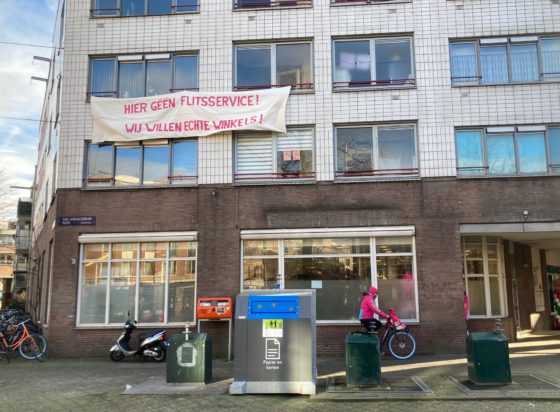Fast delivery firms are breaking laws on injury and exploitation: report


Labour inspectors have issued a damning report about meal and super fast delivery companies, saying they regularly break laws meant to protect their workers against injury and exploitation.
Fast delivery distribution centres are often located in old buildings which are not suitable as storage spaces, and this presents a risk to riders’ health and safety, the inspectors say. The pressure to deliver quickly is also exposing riders to the risk of accidents and aggression and the heavy rucksacks they carry makes the work physically difficult as well.
Riders themselves are employed via a variety of contracts, often through staffing agencies, and some are self-employed. The inspectors say they are particularly concerned about sham self-employment which is cheap for the employer but exposes the riders to risks – in particular they have no right to be paid if they are off sick or have had an accident.
‘It is unclear how well informed riders who don’t speak Dutch are about the laws which are relevant to them,’ the report said.
In addition, distribution centre managers are often unaware of the rules covering compulsory breaks and working hours. Nor are they checking to make sure if foreign riders have the proper paperwork and identity documents to be able to work in the Netherlands. ‘This,’ the inspectors said, ‘leads to the risk of abuse, including illegal employment.’
The inspectorate, which describes the situation at fast delivery firms as ‘worrying’ has now asked the companies to a meeting to discuss improvements. Without action, a major crackdown will take place in the autumn, the inspectors said.
Flink told broadcaster NOS in a reaction that it followed the official pay and conditions agreement and had taken extra steps to make it attractive for riders to work for them. Getir said its riders have permanent contracts, including sick pay and paid holiday and high quality equipment.
Meals
The report also looked at the situation at meal delivery firms and concluded that here too there is room for improvement, although the rules on using the under-16s are now being better adhered to.
However, several meal delivery platforms have been fined for employing foreigners without the necessary paperwork. One company was fined €64,000 last year for using riders without work permits.
The FNV trade union federation is involved in several cases against meal delivery and other gig economy firms, arguing that riders should be treated as employees.
Alternative union Radical Riders told Dutch News it is involved in trying to win compensation for several riders who were injured because of problems with the bikes they were given to use.
Thank you for donating to DutchNews.nl.
We could not provide the Dutch News service, and keep it free of charge, without the generous support of our readers. Your donations allow us to report on issues you tell us matter, and provide you with a summary of the most important Dutch news each day.
Make a donation